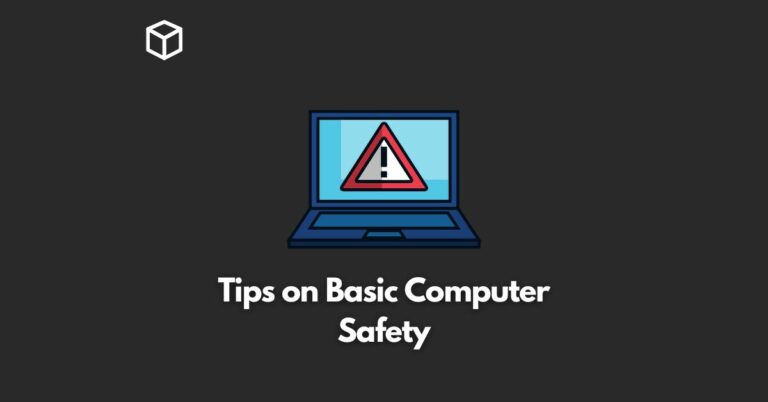Guesstimate questions are a popular form of problem-solving in technical interviews, as they test a candidate’s ability to think critically, solve problems creatively and make rough estimates.
They can also be a lot of fun, but they can also be a bit challenging if you haven’t encountered them before.
This article will provide you with a comprehensive guide to guesstimate questions, including 15 of the most common questions with answers, along with tips and tricks to help you answer them.
What is a Guesstimate Question?
A guesstimate question is a type of problem-solving question that is designed to test a candidate’s ability to make rough estimates and predictions.
These questions usually require a candidate to estimate numbers, quantities, or ratios, often based on incomplete information.
Why Are Guesstimate Questions Important in Technical Interviews?
Guesstimate questions are an important part of the technical interview process for several reasons.
Firstly, they help to assess a candidate’s critical thinking skills, creativity, and ability to make rough estimates based on limited information.
This can be useful in determining how well a candidate will perform in a real-world scenario where data is often limited.
Secondly, guesstimate questions can provide a window into a candidate’s problem-solving skills and ability to think outside the box.
Finally, they can also help to establish a candidate’s technical knowledge, as some guesstimate questions may require a candidate to apply mathematical formulas or engineering concepts.
15 Must-Ask Guesstimate Questions with Answers
- How many tennis balls can fit in a 747 airplane? – Approximately 500,000 tennis balls.
- How many cars pass through a given intersection in a day? – Depending on the location, this can range from several hundred to several thousand.
- What is the total length of all roads in the United States? – Approximately 160 million miles.
- How many people in the world have access to clean drinking water? – Approximately 4 billion people.
- How many gallons of fuel does a typical gasoline station pump in a day? – Depending on the location, this can range from several hundred to several thousand gallons.
- How many cell phone towers are there in a given city? – Depending on the size of the city, this can range from several hundred to several thousand.
- How many liters of soda are consumed in the United States in a year? – Approximately 50 billion liters.
- How many people use public transportation in a given city in a day? – Depending on the location, this can range from several thousand to several million.
- What is the average lifespan of a laptop? – Approximately 3 to 5 years.
- How many people in the world have internet access? – Approximately 4 billion people.
- What is the total weight of all books in a library? – This can vary greatly depending on the size of the library.
- How many people in a given city own a pet? – Depending on the location, this can range from several thousand to several million.
- How many trees are there in a given city park? – This can vary greatly depending on the size of the park.
- How many pizzas are delivered in a given city in a day? – Depending on the location, this can range from several hundred to several thousand.
- How many flights take off and land at a given airport in a day? – Depending on the size of the airport, this can range from several dozen to several hundred.
Please note that these are rough estimates and actual numbers may vary greatly depending on the location and other factors.
Tips and Tricks for Answering Guesstimate Questions
- Start with the big picture: To get started, try to get a general idea of the size of the population or market you are estimating.
- Make use of available data: If data is available, use it to your advantage to make a more accurate estimate.
- Use ratios and proportions: If you don’t have complete data, you can use ratios and proportions to make estimates based on similar or related data.
- Be confident but not overconfident: When making your estimate, be confident but don’t overstate your estimate. It’s better to be somewhat conservative than to give an overly optimistic estimate that is unlikely to be accurate.
- Practice, practice, practice: The more you practice, the better you’ll get at making guesstimates, so try to practice as much as possible before your interview.
In conclusion, guesstimate questions are a valuable tool in the technical interview process, and they can help to assess a candidate’s critical thinking skills, creativity, and technical knowledge.
By following the tips and tricks outlined in this article, you can improve your chances of success in answering guesstimate questions during your next technical interview.




